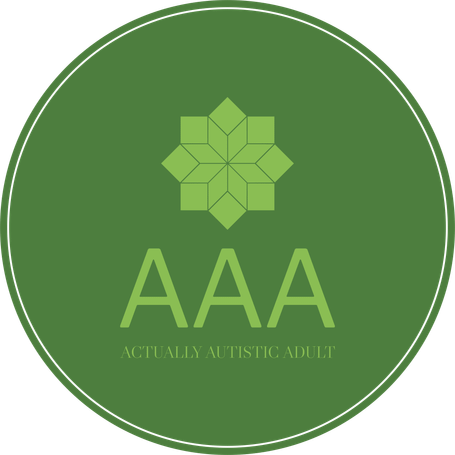
What do I need to know about neurodiversity?
That's a big question and the answer depends on why you want to know, and what relationship you have with the subject.
If you're a neurodivergent person, or you're wondering whether you might be autistic, or ADHD, then there's a lot to dive into. That will probably be quite an appealing prospect! Beginning your personal journey with neurodiversity will eventually lead you to some amazing and life altering discoveries.
Before you get there, though, understand that neurodiversity is first and foremost a concept. It is the idea that everyone has a different brain, a different neurology or neurotype. It's the idea that we receive information from the world, process it, and react to it differently depending on the way our brain is wired.
Every human is part of neurodiversity. Neurodivergent traits are human traits, it's why people can often relate to small parts of our experience because they too detest loud environments, or often misplace things, or find it hard to get started on a task, or despise being distracted.
I've collated a load of resources for neurodivergent and questioning people, so dive in and see what route you end up going down. There's also a load of research papers I've found interesting, if that's your thing.
If you're the family member, partner or friend of a neurodivergent person and you want to know how to support them, what it all means, and what that means for you, then it's a good idea to start with the idea in bold above, that every human is part of neurodiversity. If your loved one is newly diagnosed, and you're struggling a bit to process this information then please remember this.
No-one is a different person after diagnosis, it doesn't change anything apart from the knowledge of how their brain works (and they might have already accepted this through self diagnosis, which is equally valid). I was autistic when I was born, as a child, as a teenager and as an adult. The only thing that changed at 33 when I self identified, and at 35 when it was confirmed on paper, was knowing how my brain works, and being able to find better ways of coping with the world.
A quick note on labels – labels themselves aren't inherently bad. Yes, labels are weaponised, but when we are self identified or formally diagnosed we get to dictate the label we have. Without the ADHD label we get given the labels of “scatty, forgetful, hyper, annoying” and more. Without the autistic label we're given the labels of “aloof, cold, childish, boring” and worse.
I've collated a whole load of resources for parents, friends and partners of neurodivergent people, so have a read through and start your journey of supporting your neurodivergent loved one.
If you're an employer with neurodivergent employees, or you're looking at hiring someone who is, then you also need to know the tenet in bold. That's the start of all the ways to understand neurodiversity. You'll probably find it interesting to read through my collection of resources for employers, but if you (and your team) need a fully rounded understanding of neurodiversity then my one hour course on Understanding Neurodiversity is a great starting point.
On the course you'll learn what the conditions are and how they affect people, and what you can do to support neurodivergent people in the workplace. I have a longer course that covers the basics and more, which is more suitable for HR, line managers and recruiters. I can also make a bespoke course for your needs, just drop me a line and we'll get started.
Image credit: Gordon Johnson via Pixabay
We need your consent to load the translations
We use a third-party service to translate the website content that may collect data about your activity. Please review the details in the privacy policy and accept the service to view the translations.
